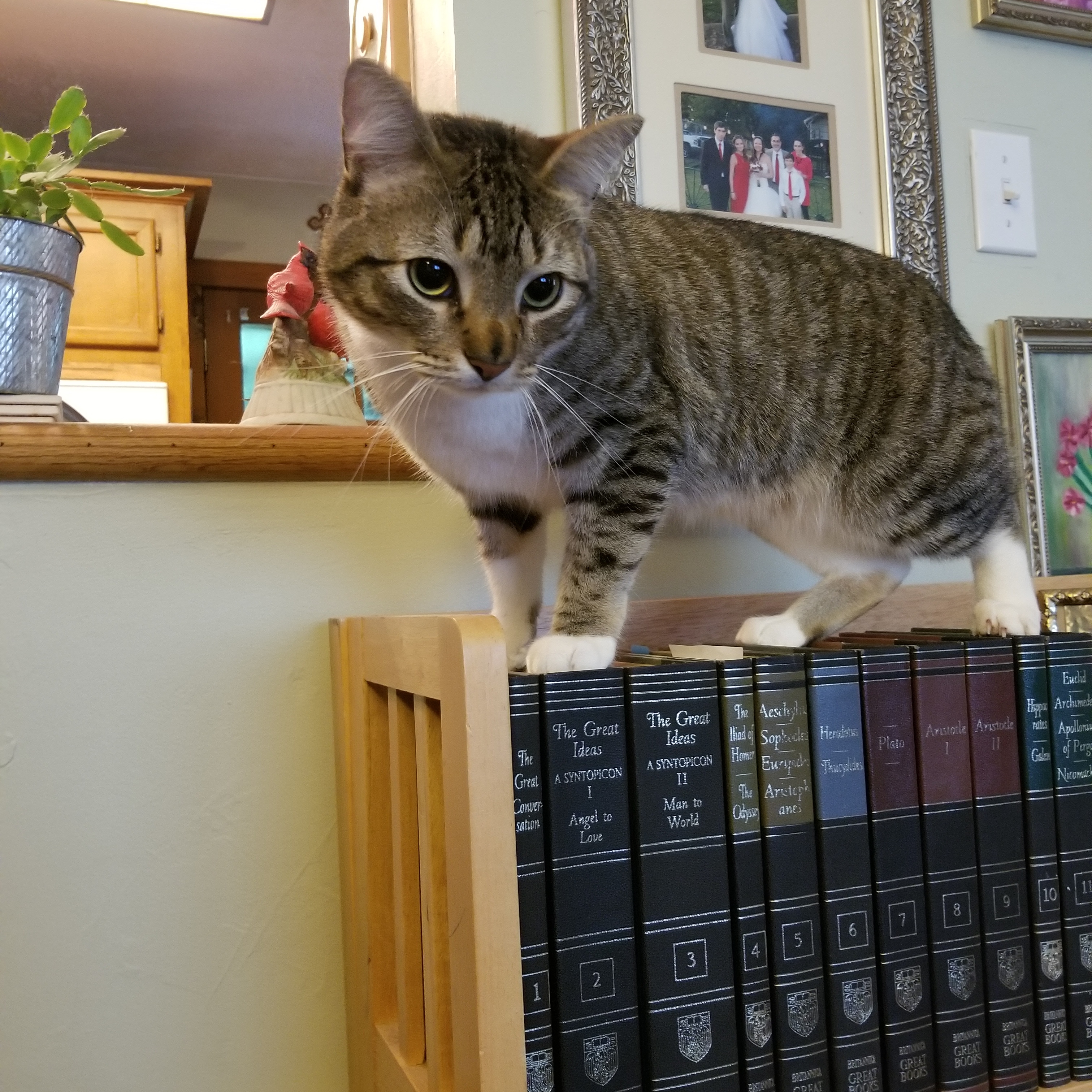Saving Literature
- Rachel Beck

- May 31, 2019
- 3 min read
Updated: Jun 1, 2021
“That is part of the beauty of all literature. You discover that your longings are universal longings, that you’re not lonely and isolated from anyone. You belong.”
-- F. Scott Fitzgerald
In the Power of Myth, Joseph Campbell tells a story of two police officers who arrived at a high bridge in Pali just short of a potential suicide. One of the officers barely got a hold of the jumper and was about to nosedive over the rail with him had it not been for the intervention of the second officer, pulling them both back to safety.
During a later interview the officer was asked what made him hold on to the man knowing he too would die? Why didn’t you just let go? Campbell says the officer’s response was “I couldn’t live another day of my life if I had let that man go.” Campbell then analyzes the incident in his interview with Bill Moyers and asks how could this be?-- Does it not deny self-preservation as the first law of nature?
Campbell alludes to what Schopenhauer calls a “metaphysical realization”-- a realization that you are a part of me, that we are one. If he let that man go, he would have let himself go, either way.
I believe stories are what make this breakthrough possible because stories are what truly connect us. I remember the first time my son, Nicholas, cried while watching a movie. I don’t remember which one, but it was a film where a dog died at the end. Nick was around five then and was confused and a bit alarmed at his sudden burst of tears. Wiping his eyes, a little embarrassed he said, “I don’t understand why I’m crying.” I told him it was called empathy, and it was a good thing. It simply shows you care.
One of the most touching films that I’ve seen in recent years is Saving Mr. Banks, a movie about the making of Mary Poppins. (Spoiler alert, so you may want to read my comments after watching the film) The author P.L. Travers, played by Emma Thompson does not want Walt Disney, played by Tom Hanks, to belittle her creation into another silly, commercialized, Disney-triumph.
In short, Disney is able to connect and have a breakthrough with P.L. Travers by telling her the real reason he’s so interested in her story. He had his own Mr. Banks, his father, Elias Disney. He claimed his father was a good man but his forced labor of his sons bordered on abuse. Then in a poignant moment, he points out “It’s not the children she comes to save-- it’s their father.”
As a child I took the father’s story for granted, but in the re-telling of this story I realized that he was there all along in my heart. There was also something telling about writing stories as well. Writers really don’t want to exploit their characters’ flaws and the difficult people in their lives, what they really want is to find a way to redeem them.
I had my own sudden and alarming burst of tears during these lines:
“Trust me with your Mary Poppins,” he says everytime this film is played “they will see Mr. Banks being saved…”
They will love him and his kids.
They will weep for his cares.
They will wring their hands when he loses his job--
And when he flies that kite, Ms. Travers-- they will rejoice!”
He continues, “George Banks will be redeemed, maybe not in real life, but in our imagination because that is what we storytellers do.”
At first blush, I could not figure out why this movie made me so emotional, but I later realized that there was something else too: What matters most to me in teaching is just what Disney said: to see them wring their hands for others; to see them weep and rejoice for others; and to help them forget about themselves so that they may have a chance at understanding joy.
Today, all over social media, I constantly hear posts shouting at me: “People don’t care!” “People don’t care!” OK, fine, they don’t care. However, recognizing that fact is only scratching the surface. We have to ask ourselves why don’t they care? How can we get people to think beyond self-preservation? Perhaps they have not been taught to care.
In my own experience, I have been accused of wanting to teach literature for no other reason but for my own self-gratification. There is nothing self-gratifying about losing your job because you believe students should read “whole-novels.” As much as I enjoy reading literature, it really has little to do with me. Rather, it’s about trying to make that connection-- having that breakthrough, reaching out to save another, lonely and dejected, from disappearing over the edge.





Comments